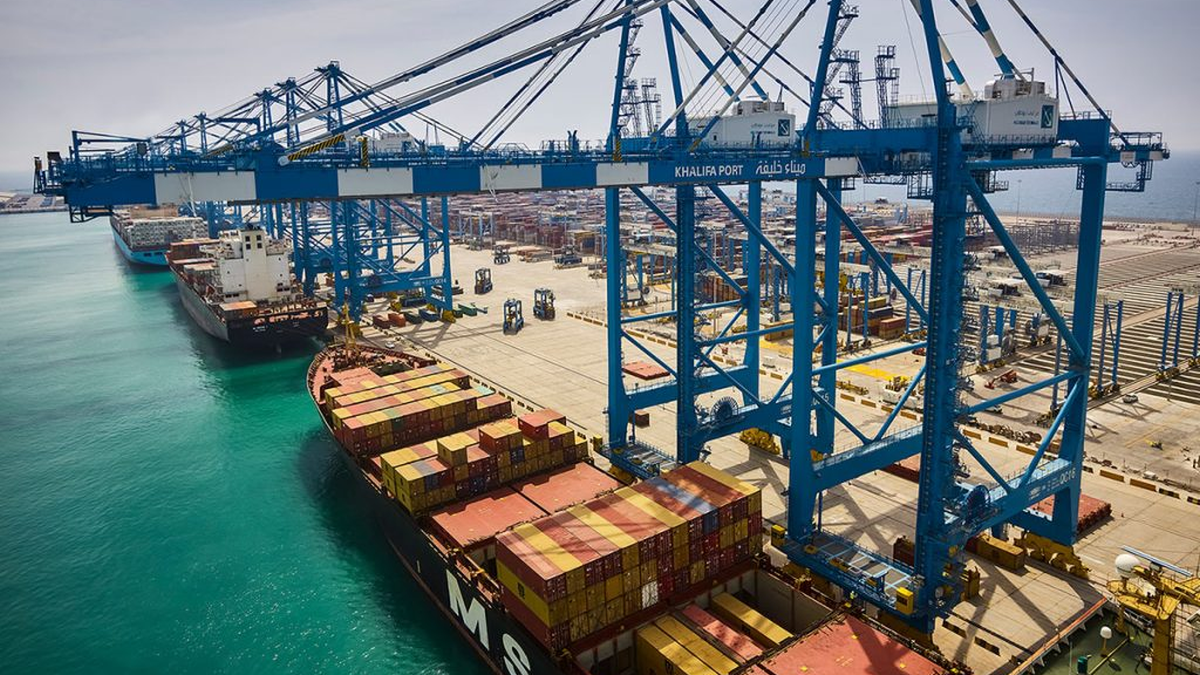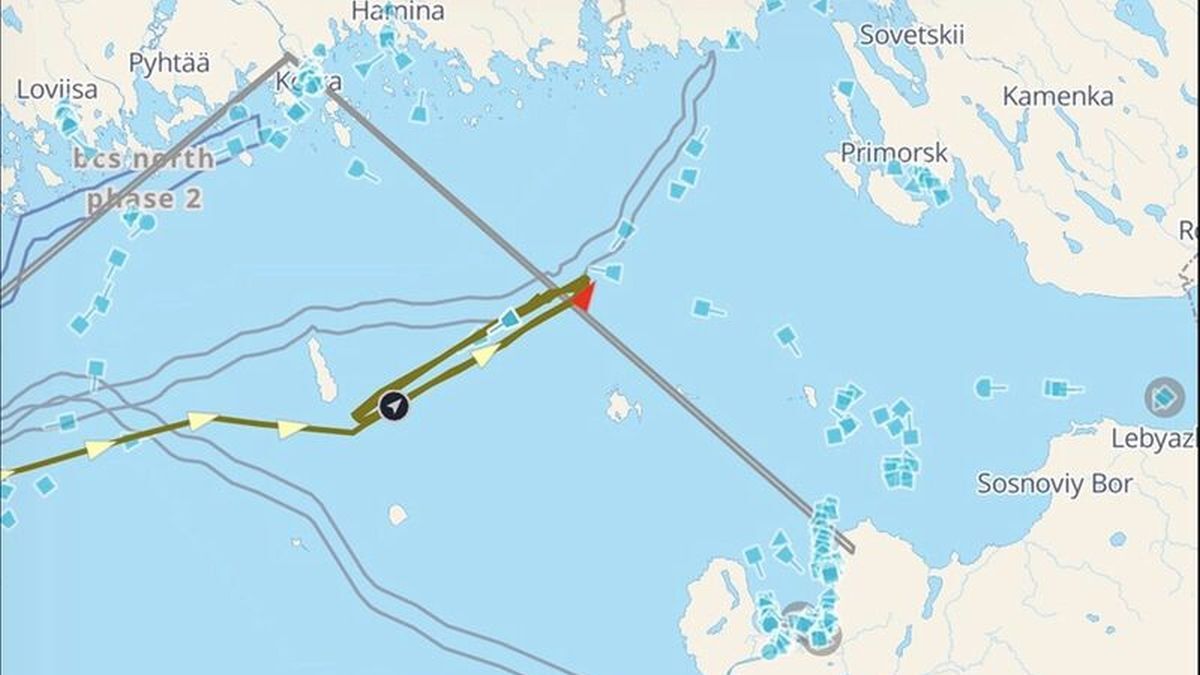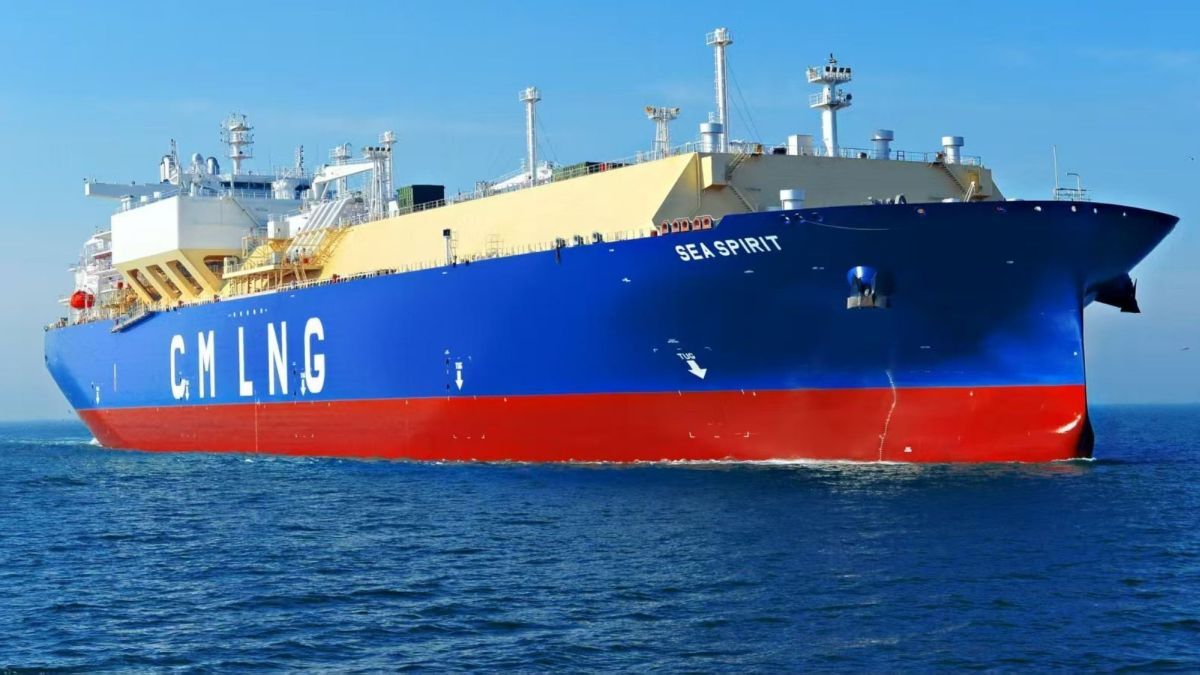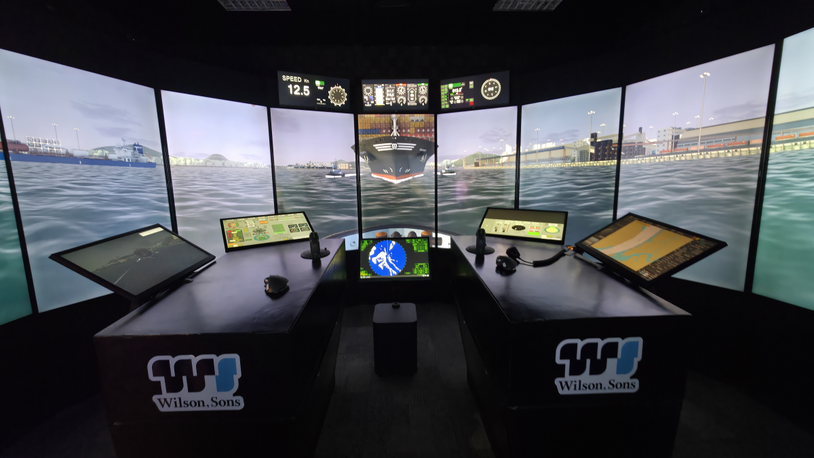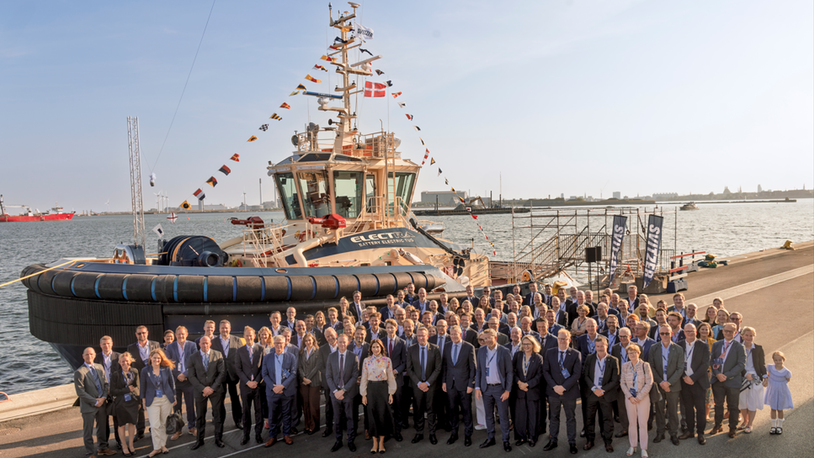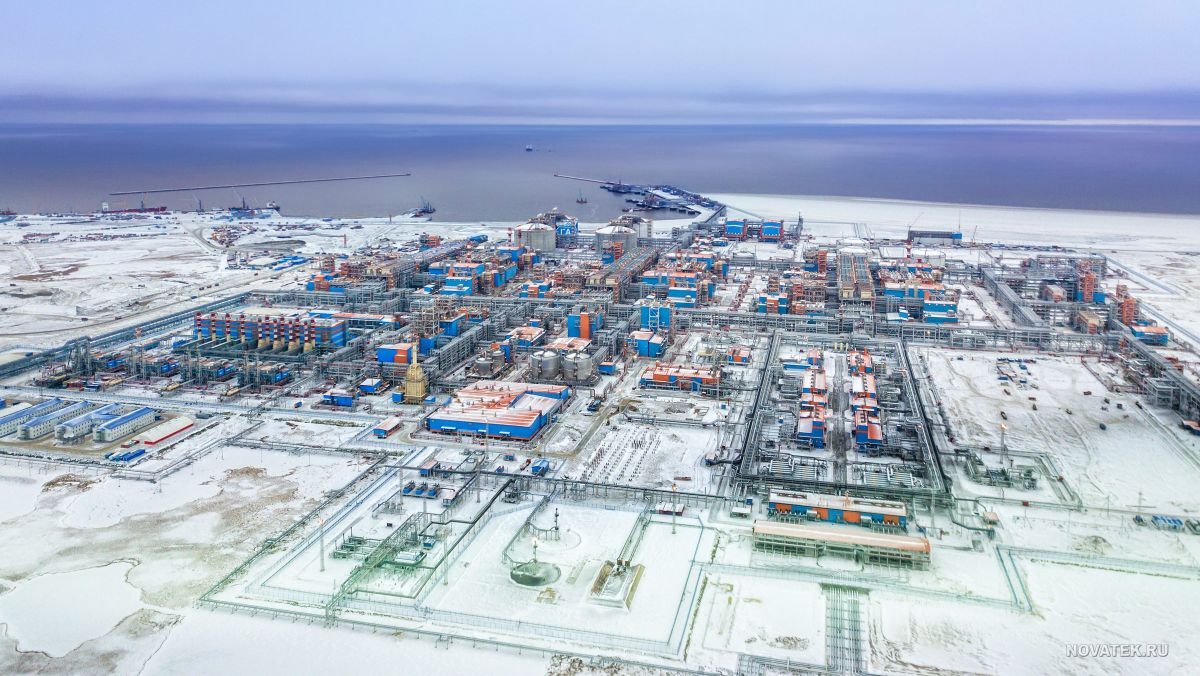Business Sectors
Events
Contents
Register to read more articles.
IMO develops global strategy for maritime digitalisation
A worldwide maritime digitalisation strategy will be ready for implementation in 2028 under plans laid out by shipping’s United Nations regulatory body
Cyber security will be at the heart of a global maritime digitalisation strategy IMO is developing ready for official roll out from the end of 2027.
IMO’s working groups, committees and subcommittees will develop cyber-security measures to safeguard the maritime single windows (MSWs) being implemented for ships and ports to exchange information digitally.
This was one of the outcomes of IMO’s Facilitation Committee meeting (FAL 49) that took place 10-14 March 2025. During this session, the committee outlined a work plan for developing the organisation’s strategy on maritime digitalisation, which is set to be adopted by the IMO Assembly by the end of 2027.
Cyber security will need to protect digital maritime operations and the MSW from online threats, which are becoming more advanced and frequently attempt to disrupt shipping operations.
At FAL 49, the committee established a correspondence group to define the digitalisation strategy’s scope, key objectives and implementation framework to “foster a fully interconnected, harmonised and automated global maritime sector.”
This group will work to identify technologies, standards and methodologies that could support maritime digitalisation, while ensuring alignment across IMO’s various committees.
FAL invited the Marine Environment Protection Committee (MEPC) and Maritime Safety Committee (MSC) to encourage IMO member states and international organisations to join this group, to enable stakeholders to shape this digitalisation strategy.
This correspondence group will report back at FAL 50 in 2026 before a final submission is tabled at the Assembly session scheduled for the end of 2027.
“IMO’s maritime digitalisation strategy is a game-changing effort to make smooth, seamless, smart shipping a reality,” said IMO secretary general, Arsenio Dominguez. “It will help integrate vessels and ports, improve logistics and optimise routes, while reducing greenhouse gas emissions. We must work together to ensure the strategy serves all.”
This digitalisation strategy builds on previous milestones, including the introduction of mandatory MSW regulations in 2024, which require ships and ports to use a single digital platform to exchange information and streamline port call procedures.
IMO expects this strategy to enable technologies such as artificial intelligence and autonomous navigation to be implemented, while recognising related challenges such as cyber-security risks and the global digital divide.
At FAL 49, the committee also advanced key digital initiatives including developing cyber security measures to safeguard MSWs and protecting digital maritime operations from attacks.
FAL 49 approved and updated IMO’s Compendium on Facilitation and Electronic Business, a new version featuring additional data sets to improve standardisation and interoperability across maritime IT systems. It enhanced existing MSW guidelines by approving amendments for setting up a MSW, introducing verification functions, reducing manual administrative burdens and eliminating redundant checks by different authorities.
FAL 49 also approved guidelines for electronic certificates and forwarded this for concurrent approval by MEPC, MSC and the Legal Committee.
IMO expects the success of its digitalisation strategy will depend on input from member states and international organisations, particularly concerning safety and environmental protection considerations.
Riviera’s Cyber & Vessel Security Webinar Week will be held from 12 May 2025 focusing on the latest developments in cyber and vessel security. Use this link for more information and sign up to the webinars.
Related to this Story
Events
Offshore Support Journal Conference, Americas 2025
LNG Shipping & Terminals Conference 2025
Vessel Optimisation Webinar Week
© 2024 Riviera Maritime Media Ltd.


